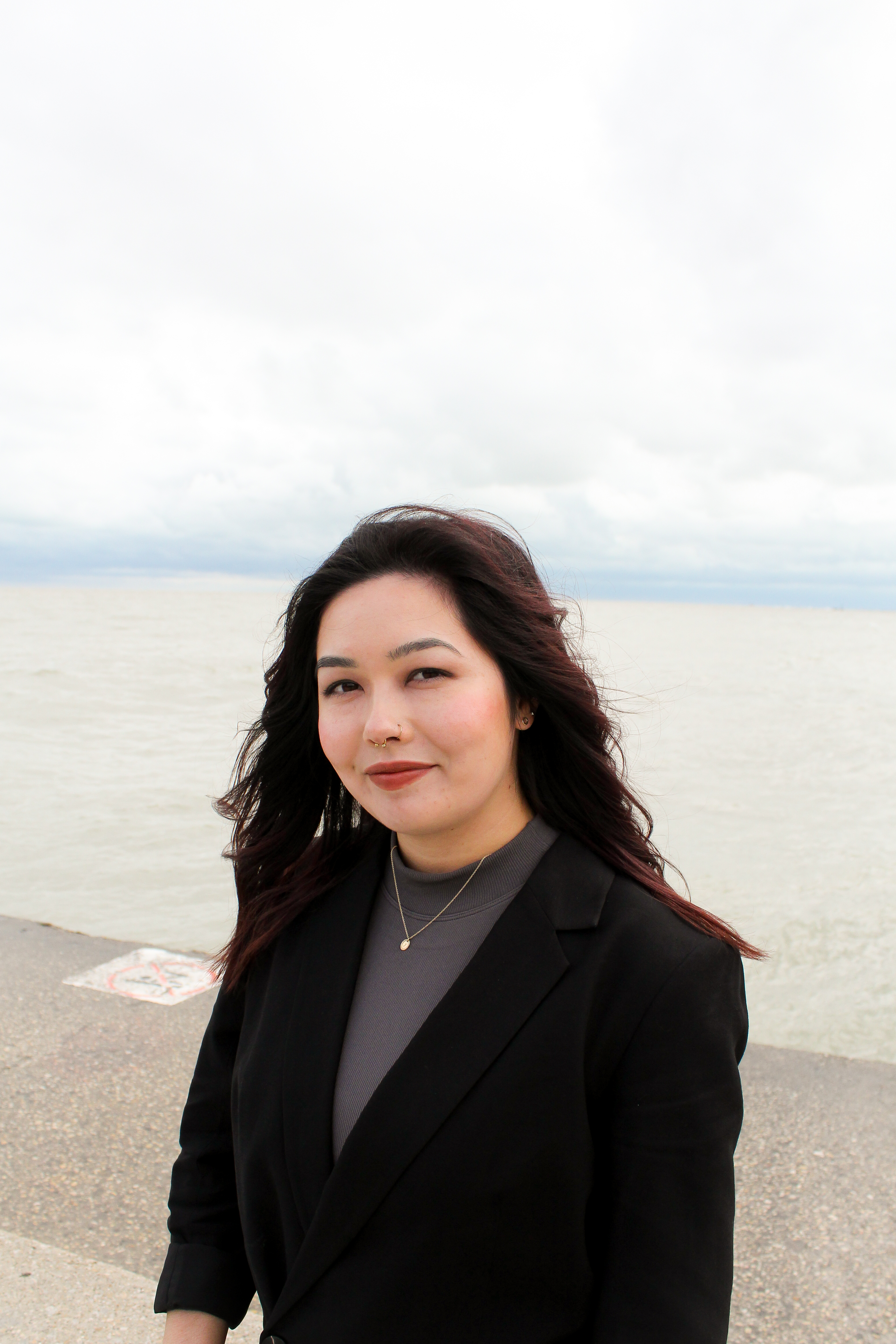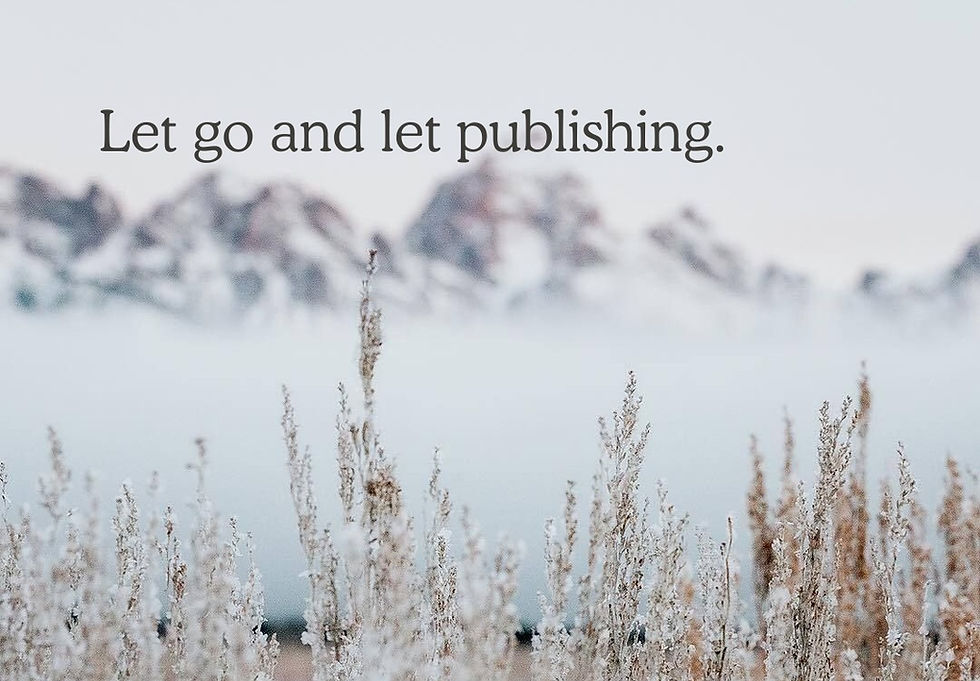Channeling the Creative Chaos
- danechoedraper

- Feb 4, 2024
- 7 min read
February has arrived, and chaos has consumed me. The safety of order and logic is gone. I'm officially lost in the endless black hole that is creative writing. To be more specific, I've started drafting a new project.
For many, the drafting phase is exciting, innovative, and, honestly, something of a thrill. It is a mental and emotional rush to see the vast, blank page before them, waiting to be etched upon.
I am not one of those people. To me, the vast, blankness is terrifying. The question nags me: how can I make this story incredible if there are no words on the page to work with?
Well, obviously I have to put them there first. I dread it. If you can relate to that feeling in any capacity, then it is my genuine hope for this post is to give you some tools to help. The strategies I dig into below have worked for me to varying degrees, and some of them may not be for you. That's okay. If there's even just one idea that you think can help you overcome the blank-page-phobia, I'll consider it a huge win.
So let's get into it.
Let the inspiration marinate.
Now, don't get me wrong. New book projects are exhilarating and provocative and exciting. The initial idea is a spark that lights the fires of creativity. For me, a new book idea is the inspiration, and the act of drafting it is the daunting labor.
To motivate myself to engage with that daunting labor, I make a conscious decision to first sit with the book idea and revel in the good feelings it brings. While I know that the blank page is there, waiting for me on the horizon, I know that if I choose to ignore it for a while and marinate in that initial inspiration and excitement, I'll find myself more at ease when the hard stuff begins.
Marinating in the novelty of a new idea can look different for everyone. For me, it can include things like:
telling the people I love about the idea
flipping through / reading the comp books that triggered the idea to form
watching TV or movies that remind me of the book idea
daydreaming about the character cast for this idea
writing out specific scenes I'm excited for, with no specific order or chronology
writing short pitches or blurbs for the book ideas as if it were already drafted (more on this later)
Overall, it might sound like a whole lot of 'nothing' or 'sitting around' with the idea, and that's because that's exactly what it is. One of the hardest lessons I've learned in my almost 15 years of writing novels is that being an author requires time for connection and development. It demands it. By doing the things listed above, I end up feeling more intimate with the book (before it's even been written!), and I have a stronger perception of the feelings, vision, and energy I want the story to elicit in both myself and in readers.
Lean into all aspects of your creativity.
This. I could talk for days just on the importance of this. We've all seen the memes and the tweets joking about what 'counts' as writing... well guess what. They're true. All of them.
I'm here to tell you, based on experience, that this strategy works. So, to shed a little clarity on what I mean by 'lean into all aspects of your creativity'...
make a Spotify playlist based solely on book and/or character vibes
make a new Pinterest board filled with aesthetics specific to your book idea
draw a map of your book's world (not only applicable to Fantasy, my friends)
paint a picture of a scene that won't leave you alone
use words and images to make a shit ton of Canva graphics for your new book
play with your Scrivener settings (if you use this software to draft) to set the mood for your new project
There are surely infinitely more ways to lean into your non-writing creativity. Whatever form of art or expression you choose to enjoy, remember: it is not a waste of time, it is productive, and it definitely counts as part of the writing process.
Outline the shit out of your idea.
When all else fails, outline.
I'll get more specific about my individual outlining process in a moment, but if you take anything away from this post, let it be this: no matter the method or form, outlining is the lifeboat that will save you from drowning in the first draft.
Yes, there are pantsers and plotters and people who fall somewhere in between. However, if you plan to pursue writing professionally, I can't emphasize enough how important it is that you adopt some (literally any) method of outlining that works for you.
Okay, let's talk about my tried-and-true methods.
Worldbuilding Outlines
I usually use a very basic bulleted list outline when outlining my book's world. As a Fantasy writer, this list typically includes very broad, foundational rules which need to be considered as I start to plot. For example: There are four Gods in this world. Each represents an ideal of human existence (i.e. truth, etc.). This list is something I'll refer back to as I outline, draft, and revise to ensure consistency.
Character Sketches
I am not a maths girl, but I have to say, using charts to map my character's goals and stakes has changed my life. Of course, I keep a regular bulleted outline of typical character-sketch things (physical traits, key personality traits to develop, and general family/background), but my first drafts have historically SUCKED at clearly illustrating and developing the personal goals, obstacles, and stakes for my MCs. Who knew that a chart was all it would take for those problems to be solved? Below is the actual chart I'm using for my current WIP (again, within the Scrivener software). Note that this chart is specific to just one of my MCs and that I have a separate one for the dual POV

Plot Outlines
I USE A PLOT MAP. Actually, I use several. Typically, I'll start with one plot map (yes I draw it out because it helps) to jot down and visualize the major beats of the story. For me, this means a quick 1-2 sentence gist of each Act(I'm a 4 Act structure girl because I write Fantasy, but any narrative structure will do). Then, I'll have a separate plot map for each POV I am writing from to ensure that each MCs storyline is seamless even as the POVs alternate. I refer back to these plot maps for everything - outlining, drafting, revising, and so on. Visuals are my best friends. I encourage you to try them out.
One thing I am currently experimenting with for my current WIP is more in-depth summaries of each chapter in the book. So far, it has fulfilled its purpose in making the actual drafting part less scary, and I'm planning to integrate this practice into every outline I write moving forward. Personally, I'm a fan of the notecard method (either on paper or in Scrivener), and before I write each chapter, I read through the summary and visualize what I want to achieve in that segment of the story. Here is what my layout looks like for Act I of my WIP draft:

Some of my methods might work really well for you. Some of them might not work at all. But if you, like me, struggle greatly with the dreaded first draft, I highly encourage you to explore all the outlining strategies you can find until one (or more) of them stick. It will make the hard part (putting words on the page) far less intimidating and much more enjoyable.
Let some questions remain unanswered.
One problem I have consistently run into as I am starting a new first draft is the nagging need to have all plot holes and subplot threads fully fleshed and developed right away. I want to have all conflicts resolved and all questions answered before I even write the first line.
This is bullshit, guys.
It's true that you should have your ending planned before you draft. But what I've learned is that the only thing you really need to have developed in the outlining phase is the central conflict - the main problem that is keeping all the other problems and subplots in constant motion.
Other than that? Let them remain unanswered. That's not to say that you can't have everything fleshed out before you draft, but just not to kill yourself over it. It's okay if you can't predict every plot hole. Chances are, your book will change drastically over the course of drafting it anyway, and then again when you start to revise. Ideas will spring up as you go, and you'll have to scrap some things, and that's okay.
Set reasonable deadlines.
This one's hard. And so, so personal. I often see fellow writers post on social media about their tricks and tips for drafting fast. Some of them take a month, some take three or four or six, but none of them take as long as me.
At least, that's how it feels.
For context, I've written a first draft in six weeks before - that was a one-off, and it was during COVID when I didn't have to worry about attending to my day job. Every other book I've written (there have been many) took upwards of a year (or three) to draft. To draft.
It is a goal of mine to become a faster drafter, but the dread and anxiety surrounding it makes me reluctant to participate. Then, there's the anxiety of how long it will take me to finish. On top of it all, the intimidation of comparing myself to other better, faster writers looms over me. After much reflecting, I've discovered the key to reaching my goal is this: be reasonable.
If I want to improve my pace, I have to take small steps. My goal for my current WIP is to finish the barebones first draft (or zero draft) in six months. I keep my initial word count goal low (around 60k for my genre and age range), and I use Pacemaker (linked here) to track my progress. This is a great website for anyone who likes to have a visual of their progress towards a writing or revising goal.
Finally, I'll end with this: be kind to yourself. Too often, I suck at this. I get down on myself for not writing everyday. I criticize my first draft the minute the words are on the page, and I shouldn't. Writing is, first and foremost, a joy and privilege. If it takes me a little longer, that's okay. If it's messy and needs a lot of work in the revising stage, that's okay. If I don't have words to give everyday of the week, that's okay.
I encourage you to remember that too, as you tackle the monster that is writing a new book. Honestly... we all deserve a gold star for even attempting it.



Comments